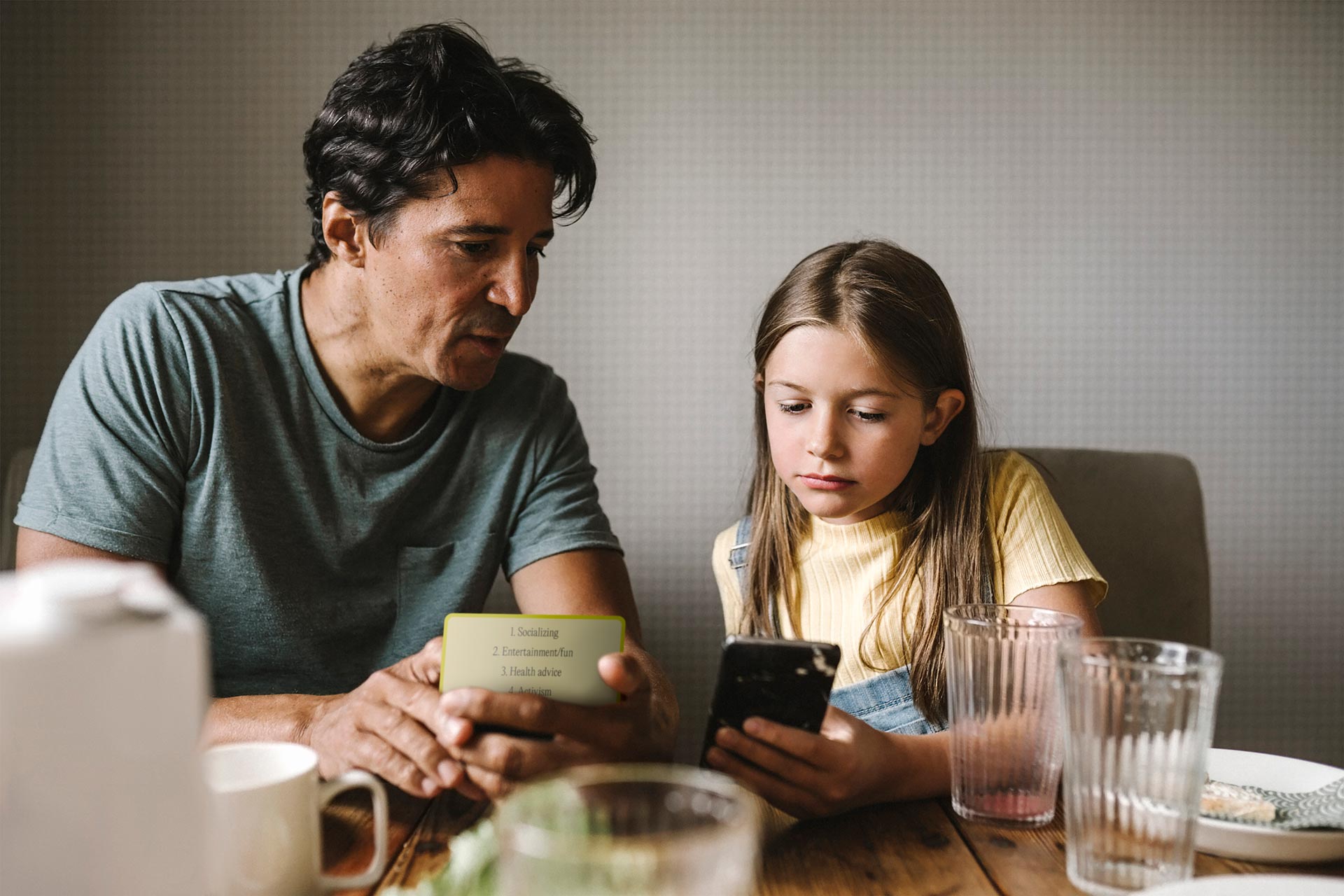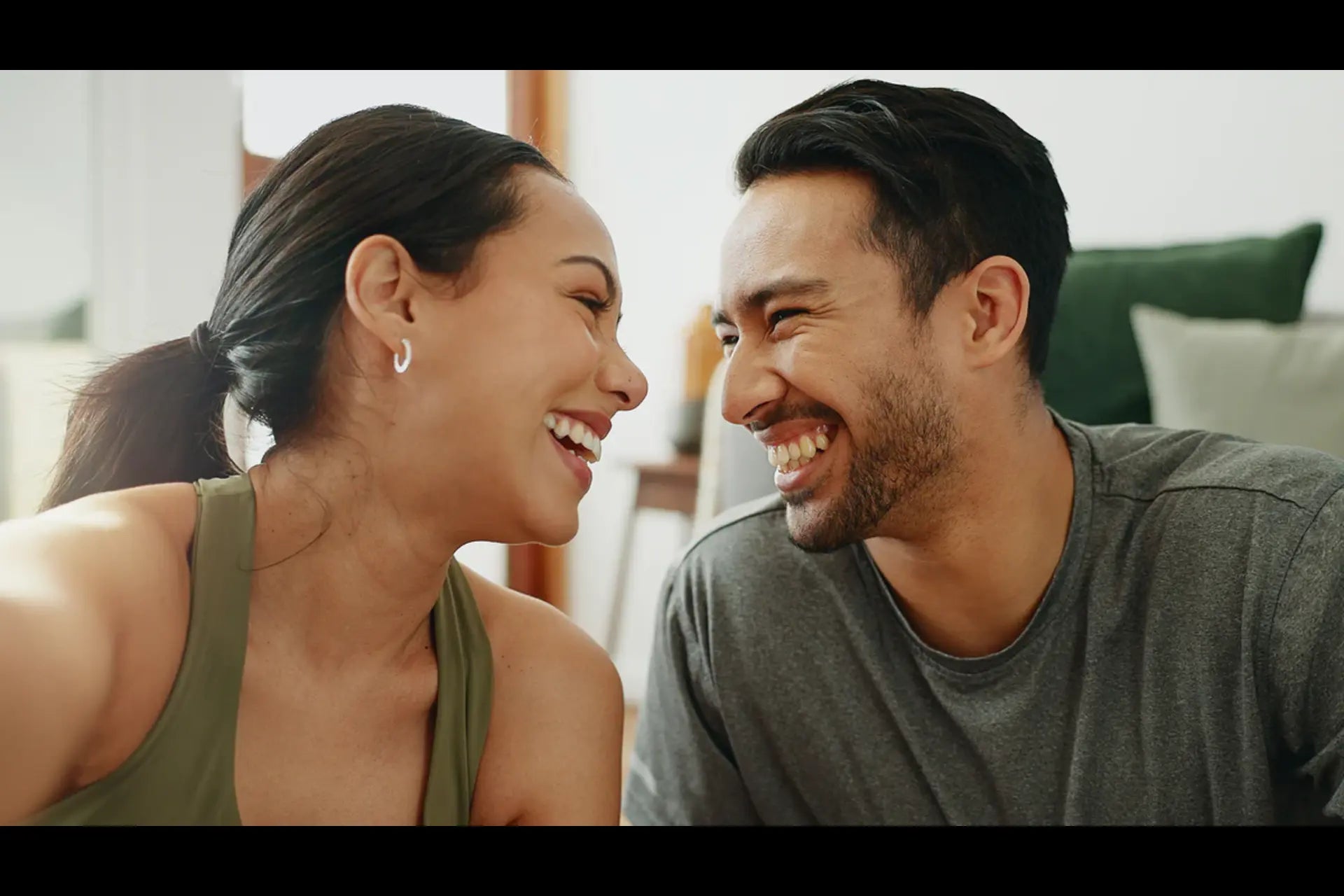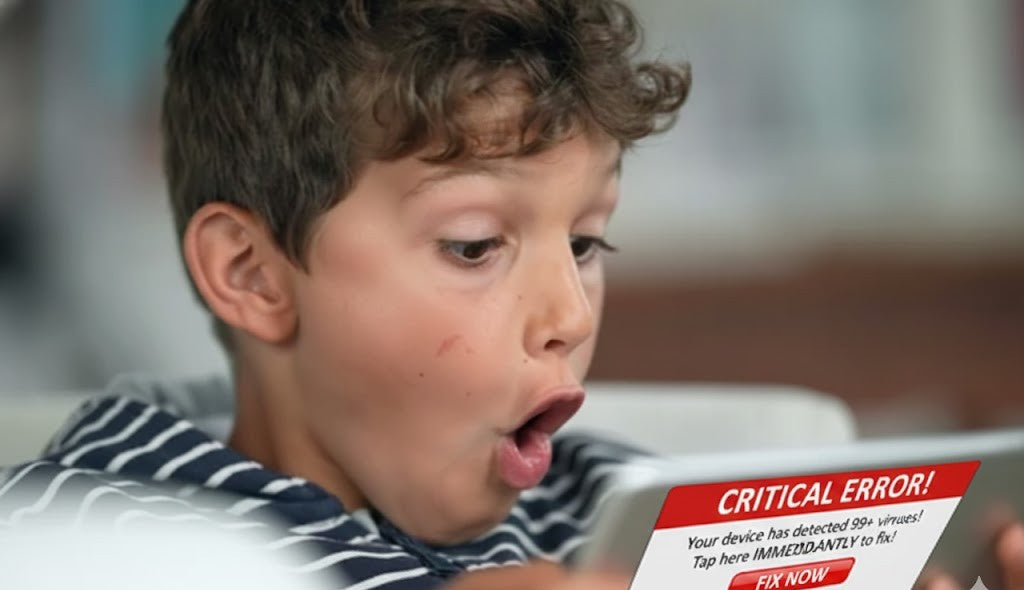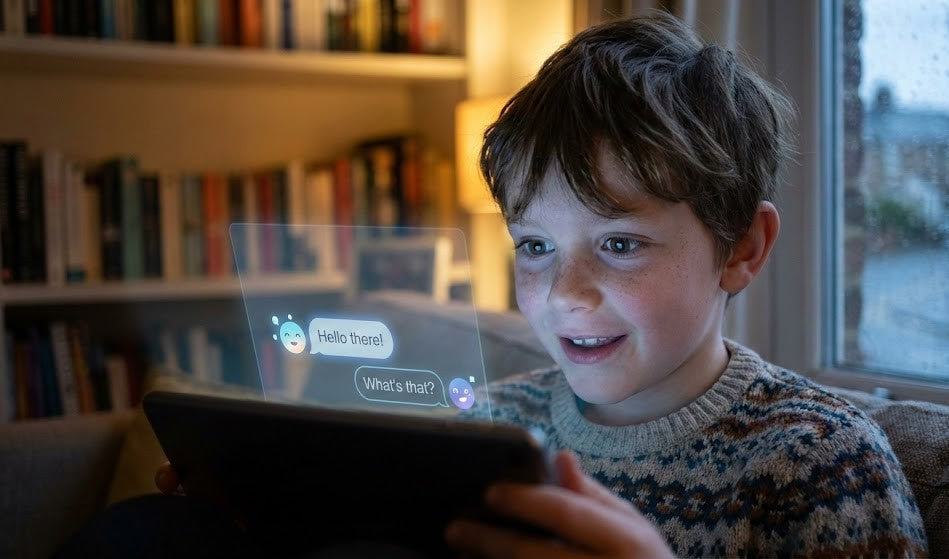Building Confidence Through Consent
Respecting consent is important in all aspects of life where we interact with others.
Online, there are no physical boundaries to clearly indicate what is yours and what is mine. To an outsider - or a beginner to the digital world - everything might seem to be up for grabs and free to share. Other people's photos can, with just a few clicks on your phone, be uploaded or downloaded without their permission. But that doesn’t make it okay.
Practicing consent in the digital world is important because here we transcend physical boundaries and must rely on respect and trust to ensure that our virtual belongings are not borrowed or shared without permission. Consent in a digital context is about knowing when to share others’ content and how to interact respectfully online. Here’s why it matters.

Practicing consent teaches our kids that “No.” is a complete sentence that doesn't require further explanation.
Protecting privacy
Kids need to know they have the right to control what is shared about them and what they choose to share with others. Teaching consent helps them feel confident saying "no" if someone asks for information they’re not comfortable giving out.
Respecting others
Just like in real life, kids need to learn that other people have boundaries online too. Understanding consent means knowing not to share or post things about others without asking first. You can’t always predict what someone else might consider private or understand their reasons - and that’s okay. What matters is respecting their boundaries regardless.
Avoiding risky situations
Knowing about consent helps kids recognize sketchy situations; like people asking for personal information or pressuring them into uncomfortable conversations. It helps them feel confident setting boundaries and avoiding unsafe situations.

Making confident choices
Learning about consent builds kids’ confidence to make decisions that feel right for them. It helps them understand when to engage online and when to step back if something doesn’t feel okay. Practicing consent teaches our kids that “No.” is a complete sentence that doesn't require further explanation.
Taking control of their digital footprint
Teaching consent helps kids understand that everything they share or allow to be shared becomes part of their online identity. They learn to think twice before posting.
As adults, we are role models. This is why it’s important for us to practice consent as well in order to respect boundaries and privacy.
Avoiding legal issues
Understanding consent helps kids stay on the right side of the law and avoid accidentally getting into legal trouble. Sharing the wrong photos as a joke might seem harmless but could actually be a serious crime.
...
Teaching our kids about consent online helps them safely and responsibly navigate the digital world, respecting both themselves and others. As adults, we are role models. This is why it’s important for us to practice consent as well in order to respect boundaries and privacy.





